Robert S. Duncanson Murals
A Living Landscape–175 Years in the Making
Between 1850 and 1852, Robert S. Duncanson (1821–1872) painted a series of eight monumental landscape murals commissioned by horticulturalist and art patron Nicholas Longworth to decorate the entry hall of his home, now the Taft Museum of Art. Approximately 9 by 6 1/2 feet each and painted directly on the plaster walls, this ambitious project launched Duncanson’s career. He went on to become the first Black American artist to earn an international reputation.

Duncanson moved to Cincinnati from Michigan in 1840. He initially earned a living by painting portraits and taught himself landscape painting by copying prints of European art and sketching from nature. Inspired both by his observations of the American landscape where he lived and the European examples he saw in art, the Taft murals represent imagined scenes rather than particular places.
Sometime after their creation, the murals were covered with wallpaper, likely because of changing tastes in interior decoration. They were restored by the Taft Museum of Art in 1932 and conserved again between 1994 and 2000. The murals are now recognized as the most significant pre–Civil War domestic murals in the United States and are some of the Taft Museum of Art’s largest artworks, second only to the house itself. In 1976 the Duncanson Murals and house were designated as National Historic Landmarks.
Learn more about Robert S. Duncanson’s work at the Taft Museum of Art here.
Continuing the Legacy
The award-winning Duncanson Program honors the legacy of Robert S. Duncanson and the achievements of contemporary artists working in a variety of disciplines—year-round.

